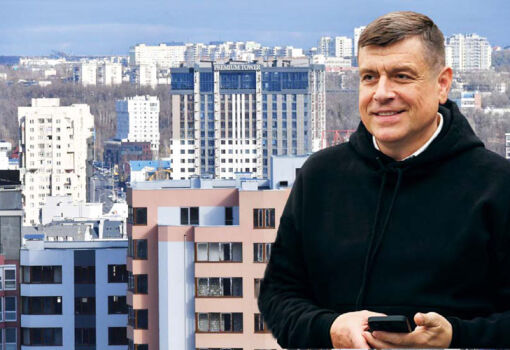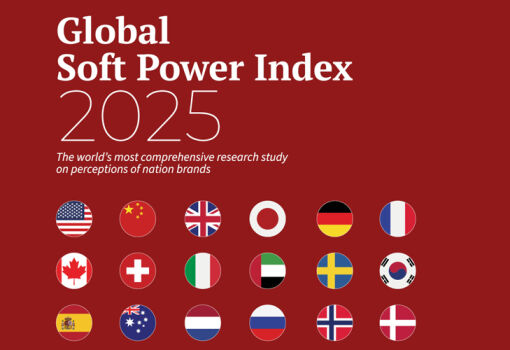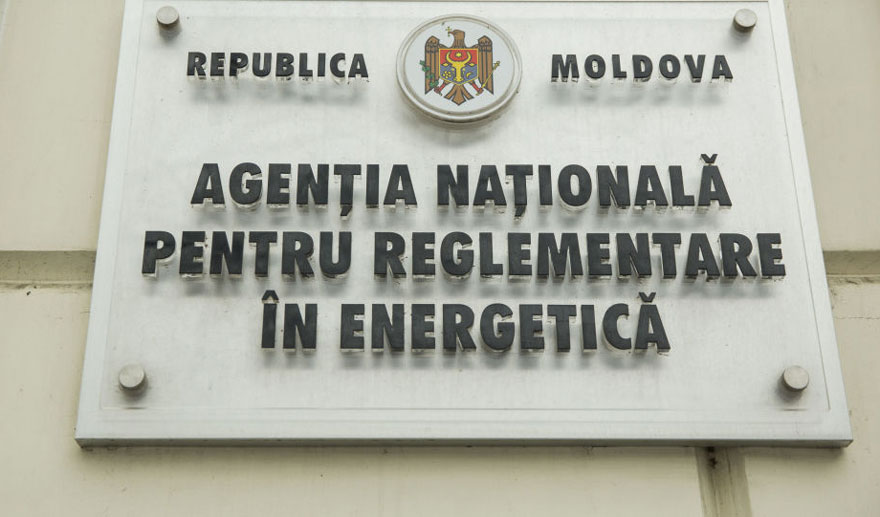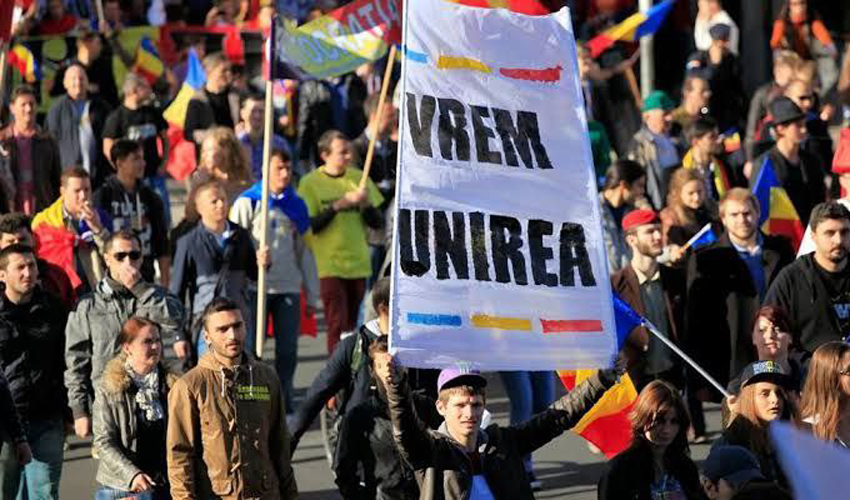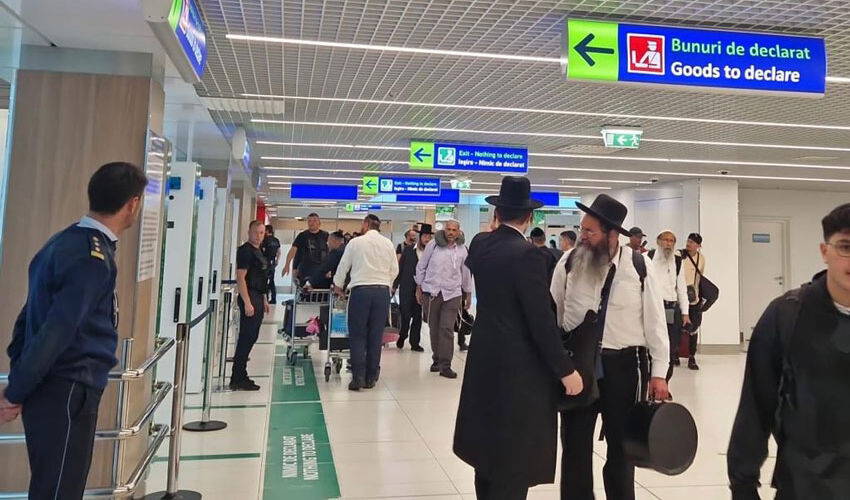
According to the Israeli news channel i24News, the Moldovan government presented the Israeli side with a list of demands, mostly financial, on Saturday.
“If we don’t sign an agreement within two days, there will be no flights (via Chisinau),” an Israeli source close to the negotiations said.
The Moldovan government has been discussing the issue of pilgrims’ passage with the Israelis for some time, but has refused to publicize the conditions for resuming the “air bridge” through Chisinau. According to information from Moldovan media, the bidding started at $3 million.
Last year, Moldova banned transit, citing Israel’s unpaid debt of about $200,000 in 2023, and pilgrims had to travel through countries such as Romania and Poland via longer and more complicated routes.
Before the war in Ukraine, pilgrims traveled to Kiev or Odessa, and from there to Uman (Cherkasy region), where the tomb of the revered Rabbi Nachman is located. The war led to the closure of Ukrainian airspace to commercial flights, making the route more difficult for Israelis.
According to i24News TV, Moldova is now asking Israel to fund security and logistics for the transit, send Israeli police to maintain order, install Hebrew signs and markers, provide food for passengers in case of delays, and transfer 8 million shekels ($2.5 million) to the Moldovan government’s account by September 3.
The pilgrims are traveling to Uman for the Jewish New Year, which falls on September 22-24.
However, Ukrainian authorities, as reports RBC, citing the Israeli publication Maariv, have banned Hasidim from making pilgrimages to Uman this year for security reasons. The Israeli edition considers the main reason for Kiev’s decision to be not a security issue, but a political subtext. In particular, Israeli Prime Minister Benjamin Netanyahu did not call the Ukrainian leadership on Independence Day on August 24, nor did he personally ask to allow the pilgrims to come to Uman. Last year, Netanyahu made such a request to Ukrainian President Volodymyr Zelenskyy.








